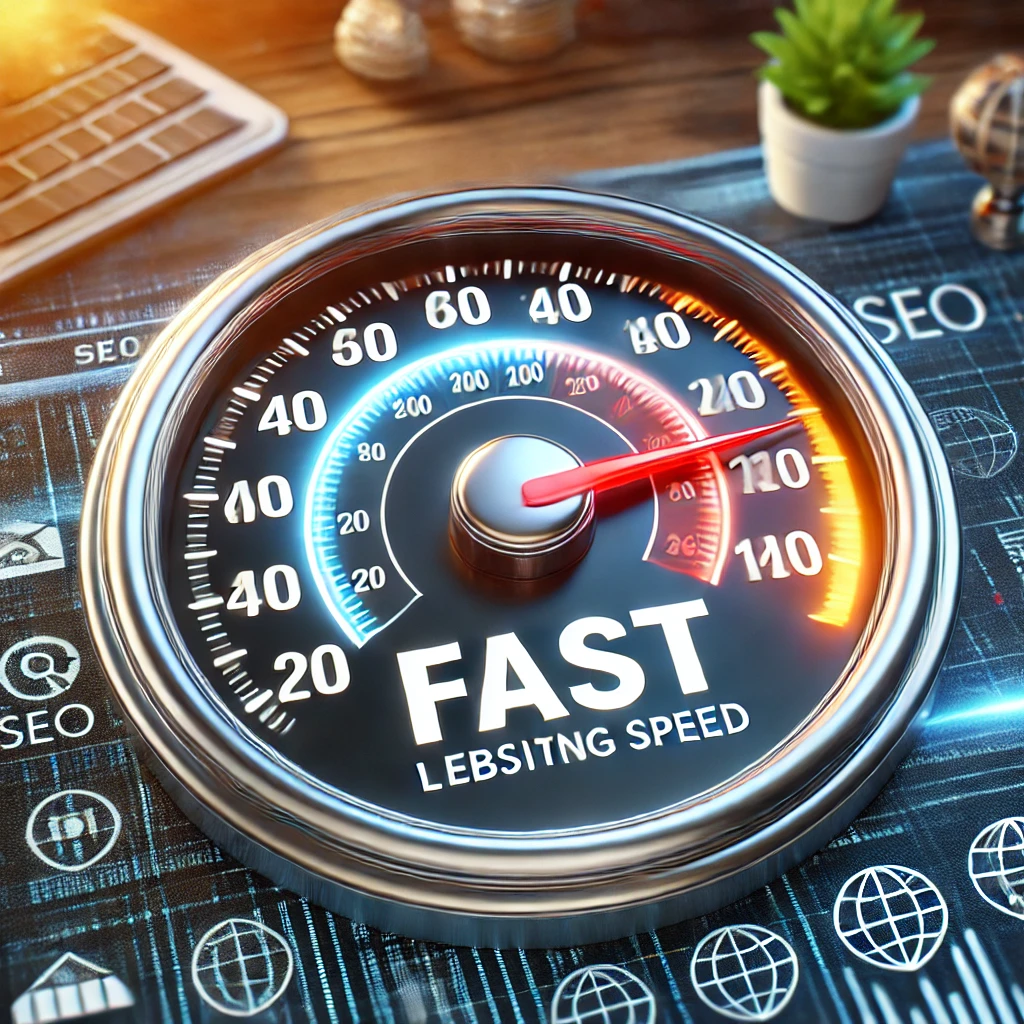Introduction
Website loading speed plays a crucial role in SEO optimization and user experience. Slow websites lose traffic, worsen behavioral factors and reduce conversions. In this article, we will analyze why loading speed is important and how to speed up your website.
1. Why is Download Speed Important?
Impact on SEO
- Google takes loading speed into account when ranking websites.
- A slow website reduces the chances of getting into the TOP search results.
- Good speed increases behavioral factors (time on site, depth of views).
Impact on Conversion
- : 53% users leave a site if it takes longer than 3 seconds to load.
- Fast sites increase conversion by 20-30%.
- Improved user experience increases brand trust.
2. How to Check Website Loading Speed?
Use the tools:
- Google PageSpeed Insights – analyzes speed and offers recommendations.
- GTmetrix – evaluates speed, page size and loading time.
- Lighthouse – Google's tool for detailed auditing.
- WebPageTest – tests performance in real-world conditions.
3. Ways to Speed Up a Website
1. Image Optimization
- Use WebP, AVIF formats instead of JPEG and PNG.
- Compress images with TinyPNG or ImageOptim.
- Set up lazy loading.
2. Code Minimization
- Minify CSS, JavaScript, and HTML with Gzip And Brotli.
- Remove unnecessary scripts and plugins.
- Combine CSS and JS files to reduce HTTP requests.
3. Using CDN (Content Delivery Network)
- Speeds up website loading by caching content on servers around the world.
- Popular services: Cloudflare, Akamai, Fastly.
4. Enabling Caching
- Set up browser caching for repeat visitors.
- Use server caching (Redis, Memcached).
- Turn on HTTP/2 and HTTP/3 for faster data transfer.
5. Choosing a Fast Hosting
- Use SSD hosting or cloud solutions.
- Choose providers with support NGINX, LiteSpeed.
- Support PHP 8+ and MariaDB increases the speed of query processing.
6. Database Optimization
- Regularly delete unnecessary posts and spam comments.
- Use indexing in MySQL or PostgreSQL.
- Enable automatic database cache cleaning.
4. Common Errors That Slow Down Your Site
- Large unoptimized images.
- Excessive number of third-party scripts (chats, analytics, advertising).
- Long server response time (TTFB > 500ms).
- Use of outdated technologies (PHP 5.x, HTTP/1.1).
Conclusion
Website loading speed is the most important factor for SEO and conversion. Check the speed regularly, implement optimization methods and follow technology updates. A fast website is the key to success in search results and user convenience!



